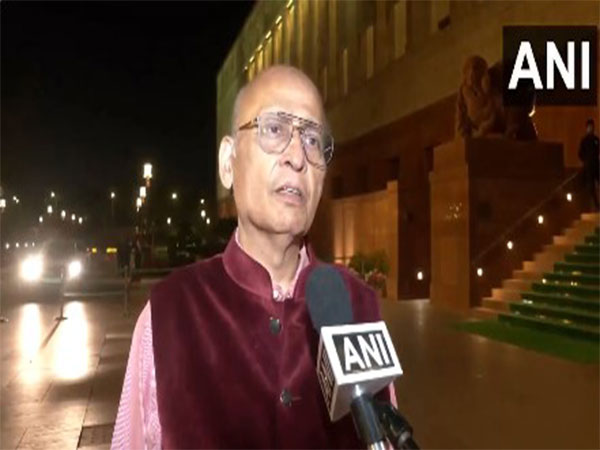Contentious Debate: Waqf Amendment Bill Sparks Constitutional Concerns
Congress leader Abhishek Manu Singhvi criticizes the Waqf (Amendment) Bill for infringing on constitutional rights and community autonomy. He argues the bill violates Articles 25 and 26, while Union Minister Kiren Rijiju counters that it benefits Muslims and introduces legal enhancements like a right to appeal.

- Country:
- India
In a heated parliamentary debate, Congress leader Abhishek Manu Singhvi raised alarms over the proposed Waqf (Amendment) Bill, claiming it infringes on constitutional rights endowed to communities. Singhvi argued that the bill diminishes community rights and autonomy, branding it as a potential violation of Articles 25 and 26 of the Indian Constitution.
Singhvi asserted that the bill strips communities of their constitutionally guaranteed freedoms, likening it to a power play cloaked in legal jargon. He expressed that the bill should be viewed with suspicion, as it appears to prioritize government control over genuine reform, reducing institutional autonomy.
Meanwhile, Union Minority Affairs Minister Kiren Rijiju defended the bill, asserting it is designed to empower the Muslim community. He highlighted provisions like the 'Right to Appeal' and announced the bill's renaming to UMEED (Unified Waqf Management Empowerment Efficiency and Development), emphasizing improvements in property management and legal recourse.
(With inputs from agencies.)
ALSO READ
Waqf property has to be used for poor Muslims, Waqf Bill needed to achieve this purpose: Minority Affairs Minister Kiren Rijiju.
You tried to mislead people on issues which are not part of Waqf Bill: Minority Affairs Minister Kiren Rijiju to opposition in LS.
Kiren Rijiju Defends Waqf Amendment Bill Against Misleading Claims
India has largest number of Waqf properties in world, says minister Kiren Rijiju.
Waqf Board is statutory body and should be secular, still we restricted number of non-Muslims on it: Minister Kiren Rijiju in RS.










